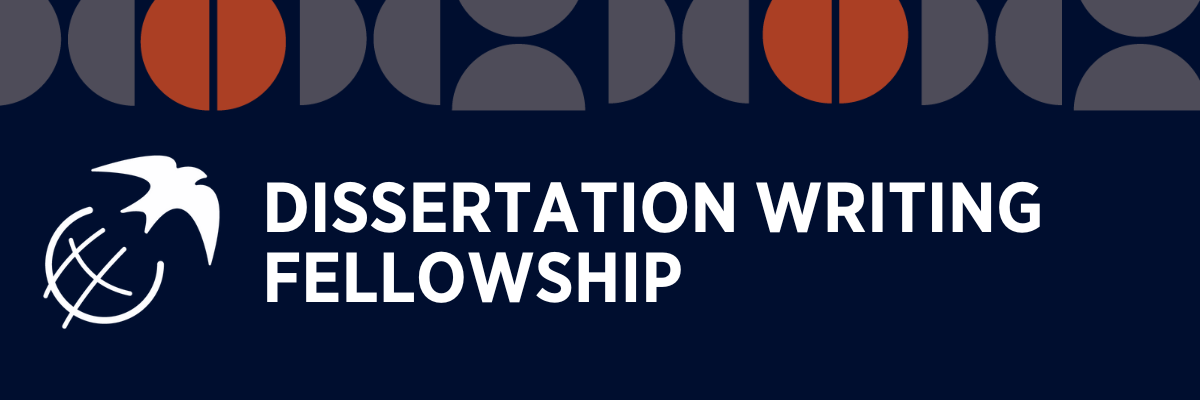In an effort to support UConn graduate students writing doctoral dissertations with a human rights focus, the Gladstein Family Human Rights Institute will select one $5,000 dissertation fellowship awardee for the 2026-27 academic year.

2025 Dissertation Writing Fellowship Recipient

Cory Runstedler
Ph.D. Candidate, Department of Political Science
“It’s About the People, Not the Package: Lessons from the Warehousing Sector”
Cory studies the interaction of businesses, politics, and society, both domestically and internationally. Cory is primarily interested in collective action and labor rights, specifically focusing on the enforcement gap of de jure and de facto rights. Additionally, Cory is interested in ethical consumption, particularly focusing on the ethical supply chain of consumer goods.
Former Recipients
2024
- Grace Felten
Ph.D. Candidate, School of Social Work
"Striving to Fill in the Gaps: Relying on NGOs and Volunteers to Provide Services and Fulfill the Rights of Refugees in Greece"
2023
- Eilyn Lombard
Ph.D. Candidate, Department of Literatures, Cultures and Languages
"Power, Performance, and Poetry in Latin America (1970-2020)"
2022
- Imge Akaslan
Ph.D. Candidate, Department of Political Science
"Global Labor Rights Enforcement in Small and Medium-sized Textile Firms – Lessons from Turkey"
2021
- Shamayeta Bhattacharya
Ph.D. Candidate, Department of Geography
"SHAKTHI: Substantive Health and Human-rights Access among Kothi, Transgender, and Hijra Individuals"
Eligibility Criteria
- Open to UConn doctoral students (ABD) in all disciplines from any UConn campus.
- Applicants must have successfully defended a dissertation prospectus by time of application.
- Applicants must be actively writing their dissertation.
- Students may receive this award once during their tenure in the Ph.D. program.
- In any given year, a student may receive either the Dissertation Research Fellowship or the Dissertation Writing Fellowship, but not both.
How to Apply
Access the application via Microsoft Forms. The application requires the following materials:
- Narrative description of the dissertation project (five pages, double spaced, 12 point font) that includes:
- What are the basic ideas, problems, works, or questions the study will examine? What is the planned approach or line of thought?
- What contribution is the project likely to make to the field of human rights?
- How does this fit with HRI’s mission?
- Detailed timeline of the plan for completion of your doctoral dissertation (no more than one page), describing precisely where you are in your analysis and writing process, what remains to be done, and when you will do it.
- One-page bibliography for the project
- Current CV
- Unofficial transcript
- Statement from your advisor/dissertation supervisor or a faculty member supervising your research, detailing how the funding will advance the completion of your dissertation. The committee encourages letters that include specific illustrations of your achievements and your capacity to contribute to human rights scholarship and activity. The statement should be submitted electronically via: https://forms.office.com/r/uNhcjRgDsi.
Application Deadline for 2026: April 3rd
Evaluation of Applications
The dissertation project should demonstrate overall excellence with a focus on human rights issues, understood broadly. Projects should make a significant contribution to ongoing scholarly, policy, or practice debates in the field of human rights. Priority will be given to applications that evidence human rights coursework and/or prior substantive human rights engagement.
All proposals will be reviewed and ranked by a multidisciplinary review committee chaired by the Director of the Human Rights Research Hub, and comprised of members of the Gladstein Human Rights Committee.